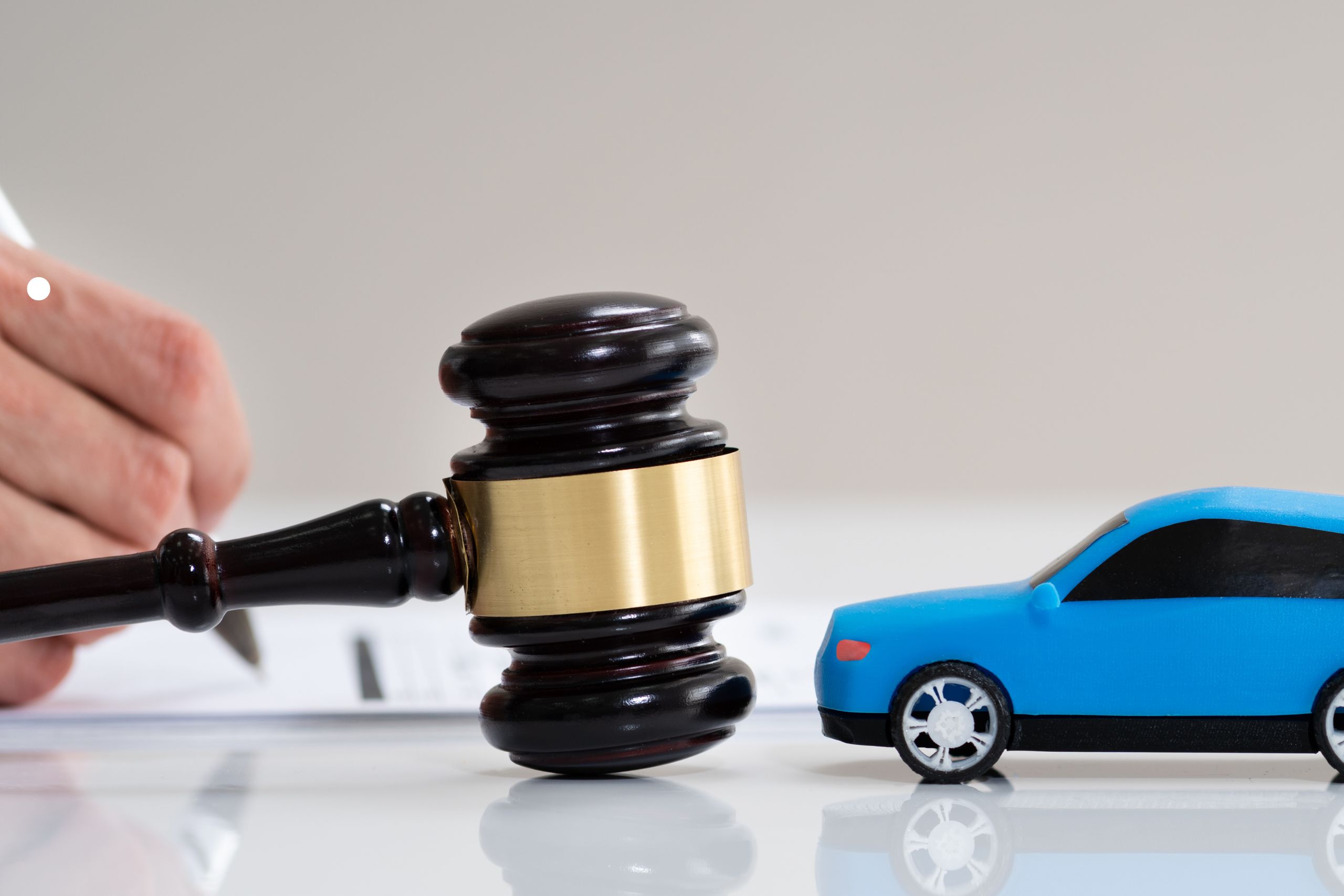- Free Initial Consultation: (954) 761-3641 Tap Here To Call Us
“Can I File a Fort Lauderdale Personal Injury Lawsuit Even If It Was Partly My Fault?”

Car accidents happen every day in Florida – about 1,095 times a day, to be exact. In some of those instances, more than one person may be at-fault.
They may not be equally at-fault. But as a Fort Lauderdale personal injury lawyer can explain, the fact that an injured party was partly responsible for a crash does not bar them from seeking compensation from the other party, at least not in Florida. That’s thanks to a doctrine known as comparative fault.
Broadly, comparative fault (also called comparative negligence or contributory negligence) is a partial legal defense that can reduce the amount of monetary damages a plaintiff can recover in a negligence-based claim. It’s based on the degree to which the plaintiff’s own fault, negligence, or wrongdoing contributed to cause the injury or exacerbate it.
For example, if Person A runs a red light and causes a crash that injures Person B, the latter has a legitimate claim against the former. This is true even if Person B also happened to be speeding at the time of the crash, thereby making their injuries more severe than they might have been otherwise. In this situation, a jury may find that Person A was 80% at fault and Person B was 20% at fault. If the total damages were $100,000, then Person B’s total damages would be reduced according to their own fault – so by 20%. That means the most they could recover in that scenario would be $80,000.
Florida has been a pure comparative fault state since 1973. That meant that even if you were 99% at fault for the injury you sustained, you could still pursue legal action against the other person for their 1% of fault.
However, that changed in March 2023, with updates to F.S. 768.81, Florida’s comparative fault law. The statute was changed to say that if you are 51% or more responsible for your own injuries, then you cannot recover any damages at all. However, you could be 50% at fault and still recover the other 50% from other at-fault parties.
There are a few states where evidence of any comparative fault will eliminate a plaintiff’s claim to monetary damages in a personal injury case. But even despite this new law change, Florida isn’t one of them. We now adhere to what is called “modified comparative fault with a 51% bar.” This is the most common comparative fault standard in the country, though some states set the bar at 50% instead of 51%.
Comparative fault was always a concerning affirmative defense in Florida, but that’s now more true than ever. A finding of comparative fault now not only risks a reduced damage award – but loss of the case altogether.
It’s worth noting that you should not presume that you will be found comparatively negligent until you talk to a personal injury lawyer. The court may look at the series of events differently than you. It’s possible an accident reconstruction will show the crash happened slightly differently than how you are remembering OR that your presumed fault played only a small part in the outcome.
This is also why you should never apologize at an accident scene. Even if you are genuinely sorry they are hurt, you don’t want your words to be misconstrued as an admission of negligence on your part.
If you are hurt in a car accident in Fort Lauderdale, our Broward personal injury lawyers can examine the facts of your case, determine if you have a viable claim, and help you navigate the claims/litigation process.
Call Fort Lauderdale Injury Attorney Richard Ansara at (954) 761-4011. Serving Broward, Miami-Dade and Palm Beach counties.
Additional Resources:
F.S. 768.81, Comparative Fault
More Blog Entries:
Broward Injury Lawyer on Car Accident Dangerous Instrumentality Doctrine, Dec. 8, 2024, Fort Lauderdale Car Accident Attorney Blog













